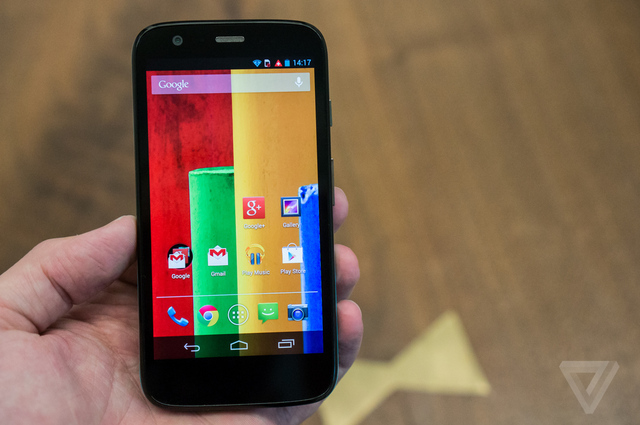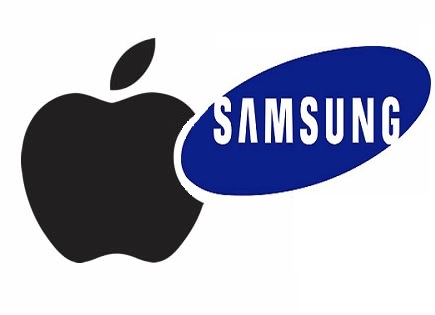Lululemon has recently found itself in the shadows of what it once was, as repeated missteps have begun to taint the company’s public image. Sam Poser, an analyst at Sterne Agee, has described the retailer as both “alienating” current customers and “making it tough” to acquire new ones.
Poser points the finger of blame towards the chairman of the company, C hip Wilson.
hip Wilson.
In a recent interview on Bloomberg TV, Wilson addressed reports dealing with the issues of Lululemon’s yoga pants, which customers felt were too sheer. Wilson retorted by saying that the problems were caused due to the women’s bodies. “Frankly some women’s bodies just don’t actually work for [the pants],” he said.
This response received collective outrage from consumers, who saw it as an attack against larger-size women. His apology that came soon after was criticized and seen as lackluster by critics.
Poser writes that the retailer’s focus on quality, innovation and customer service has “dissipated”; Quentin sees this as a marketing disaster – I agree. Will bad news continue to surround Lululemon? We’ll have to wait and see; the company must remember their core values if they wish to find continued success.















